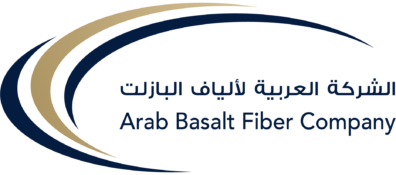BASALT FIBER REBAR VS STEEL REBAR FOR CONCRETE INFRASTRUCTURE.

Basalt rebar does not corrode. It was specifically developed for harsh environments such as sea walls, tunnels, roads, and bridges. One of the major problems the construction industry faces today is corrosion of reinforcing steel, which significantly affects the life and durability of concrete structures. Basalt fiber rebar effectively counters this problem because it is immune to corrosion. Basalt Rebar is an outstanding product for concrete reinforcement. It weighs 4.5 times less than steel rebar and given that it is 2.5 times stronger than steel, then its strength to weight ratio is 10 times better, this makes it far easier to use and less expensive to ship, as steel is expensive and considerably increases the cost of structure. Basalt Rebar improves the tensile strengths of concrete in bending and compression The most important thing is that BFRP Rebar provides excellent anti cracking effect. With steel rebar, too little concrete cover allows the water to penetrate and react with t



